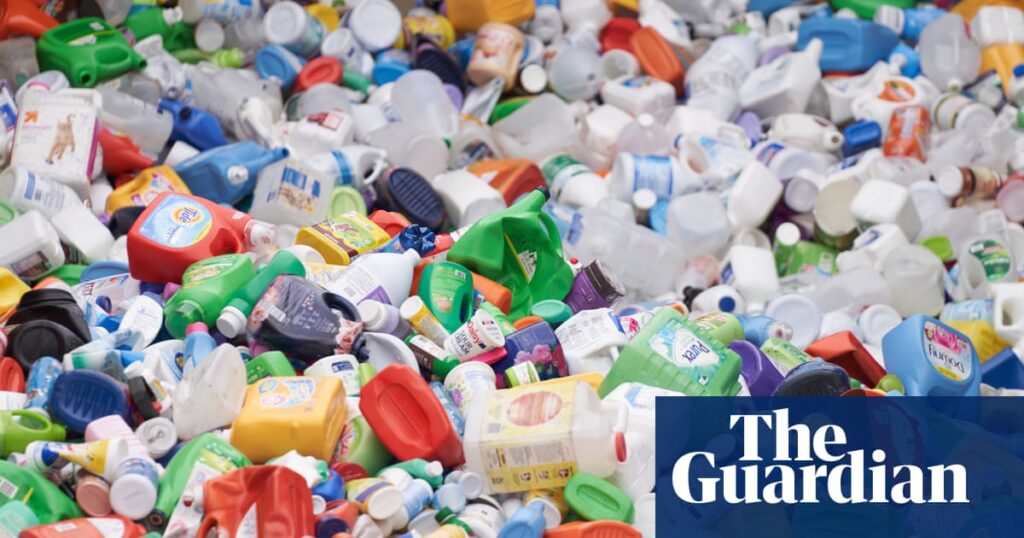
EDINBURGH, Scotland – In a groundbreaking development, scientists have discovered a method to convert plastic waste into paracetamol using bacteria, potentially revolutionizing the production of this common painkiller.
Breaking: Sustainable Drug Production from Plastic
Chemists at the University of Edinburgh have unveiled a novel technique that employs E. coli bacteria to synthesize paracetamol, also known as acetaminophen, from materials derived from plastic bottles. This innovative approach could significantly reduce the environmental impact of drug manufacturing.
“People don’t realise that paracetamol comes from oil currently,” said Prof Stephen Wallace, the lead author of the research. “What this technology shows is that by merging chemistry and biology in this way for the first time, we can make paracetamol more sustainably and clean up plastic waste from the environment at the same time.”
Immediate Impact
The research, published in the journal Nature Chemistry, details how the team discovered a chemical reaction called a Lossen rearrangement, which is biocompatible and can occur in the presence of living cells without causing harm. This reaction, previously unseen in nature, was pivotal in transforming plastic waste into a viable drug precursor.
Key Details Emerge
Utilizing sustainable chemical methods, the researchers converted polyethylene terephthalate (PET)—a common plastic found in food packaging and bottles—into a new material. When incubated with a harmless strain of genetically modified E. coli, this material was transformed into Paba, an essential bacterial growth substance.
“It is a way to just completely hoover up plastic waste,” Wallace noted, highlighting the potential for environmental cleanup.
By the Numbers
– The process converts PET into paracetamol in under 24 hours.
– Achieves a yield of up to 92% with low emissions.
Expert Analysis
According to the research team, the discovery of the Lossen rearrangement’s compatibility with living cells is a significant breakthrough. The modified E. coli was further engineered by adding genes from mushrooms and soil bacteria, enabling the conversion of Paba into paracetamol.
Background Context
The announcement comes as the pharmaceutical industry faces increasing pressure to adopt more sustainable practices. Traditional paracetamol production relies heavily on petrochemical processes, contributing to environmental degradation.
What Comes Next
While additional research is necessary to scale this method for commercial use, the implications are promising. The ability to convert plastic waste into valuable pharmaceuticals could transform waste management and drug manufacturing practices globally.
Wallace emphasized the potential for this technology to create a new pathway for drug production that is not possible using biology or chemistry alone. As the team continues to refine the process, the world watches with anticipation for a more sustainable future.







